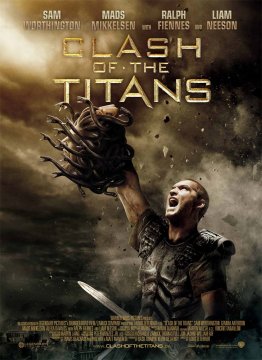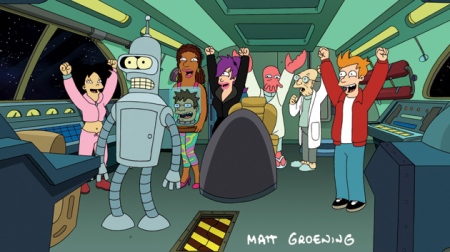– is on the way, and it doesn’t have the word “Origins” in the title, even though it very well could have.
The “original trilogy” of movies based on the classic Marvel Comics was generally well received. In X-Men (2000) we’re introduced to the idea of mutants as a separate species, closely related to humans and yet so very different. We meet Professor X (Sir Patrick Stewart) who trains mutants to use their abilities for good. We meet his archnemesis Magneto (Sir Ian McKellen) who, disillusioned by the anti-mutant sentiment among “ordinary” humans, wows to destroy humanity so mutants can be free from prejudice. And we meet the people who fear what they don’t understand – a thinly veiled analogy if there ever was one.
In X2 (2003), arguably the best of the franchise, Professor X and his students try to mend the relationship between humans and mutants, but Magneto and his minions continue to ruin any attempts towards peaceful co-existence. In X-Men: The Last Stand (2006), the mutant heroes find their existence threatened by a “cure” that will take away their special powers, as well as by the most powerful among them apparently turning against them. Can Professor X and his students battle several enemies at once?
X-Men Origins: Wolverine (2009) was promoted as the first in a series of movies telling the story of how the individual mutants came to be who they are. Logan aka Wolverine was possibly the most popular character of the previous three movies – and the one with the most mysterious origin. This movie told us how he discovered his special power and explained certain aspects of his somewhat…curmudgeonly personality.
The second origins movie (albeit without the word “Origin” in the title) will be X-Men: First Class. It will relate the story of two best friends, Charles Xavier and Erik Lehnsherr, how their paths began to diverge and how they became mortal enemies.
Superheroes do lend themselves well to the big screen, especially with today’s CGI technology. No movie can survive on special effects alone, though, and what really made the previous movies in this particular franchise worth watching was the acting: stellar casts and solid performances. Due to the prequel nature of the new movie, practically all of the roles have had to be recast. One might fear if it is possible to find actors who can believably portray young versions of Stewart and McKellen – but I’d like to think writer/producer Bryan Singer and the rest of the crew have done it.
James McAvoy is one of the most talented young actors around, and his credits already include genre roles like Leto II Atreides in the Children of Dune mini-series (2003) and Mr. Tumnus the faun in The Lion, the Witch, and the Wardrobe (2005). German/Northern Irish actor Michael Fassbender was in the critically acclaimed mini-series Band of Brothers (2001) – with McAvoy, by the way – but is probably better known for his role as the British agent Lt. Archie Hicox in another WW II “period piece”, Inglourious Basterds (2009). If anyone can fill the shoes of the two Shakespearean thespians and queen’s knights, these are your guys.
X-Men: First Class opens on June 3 – and my expectations are high. Judging by this trailer, they have every right to be:









